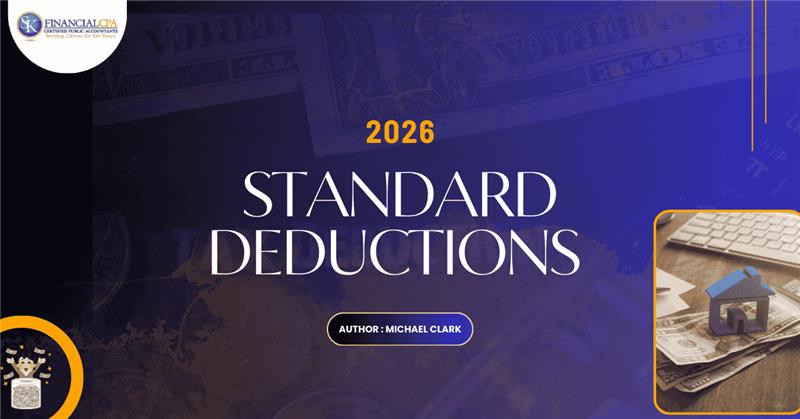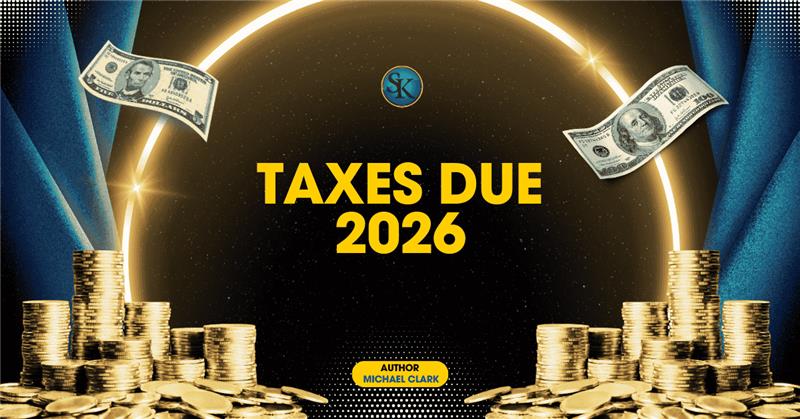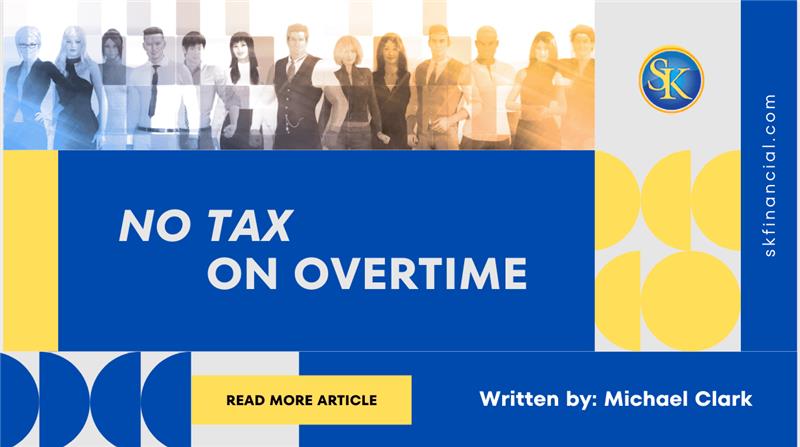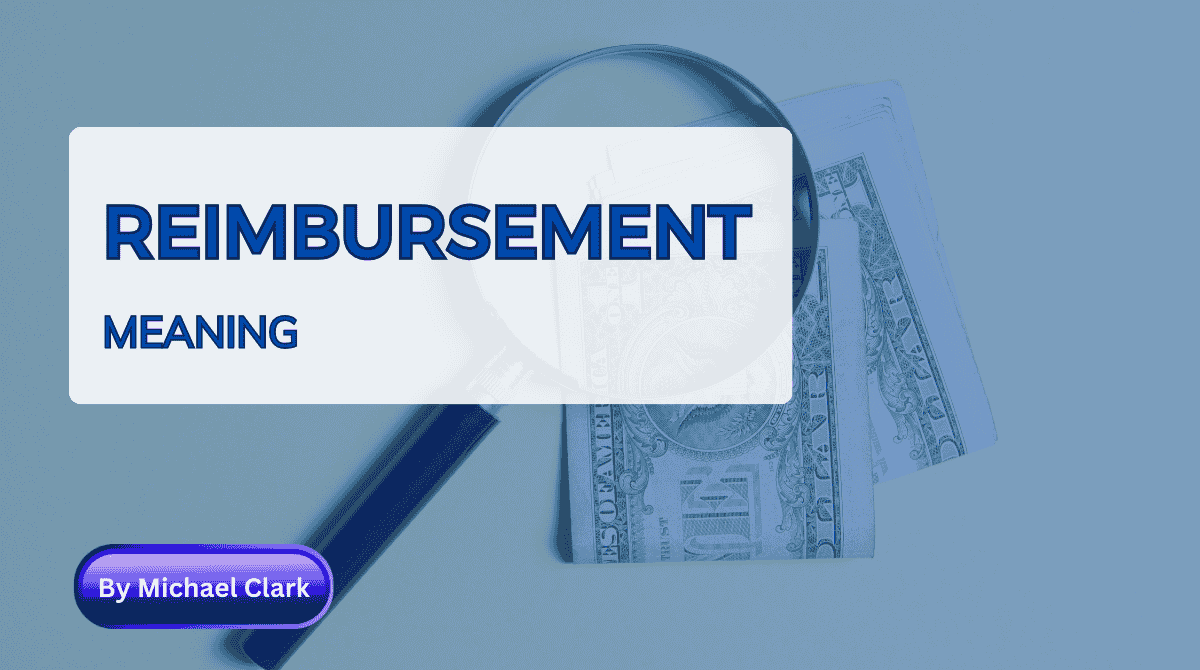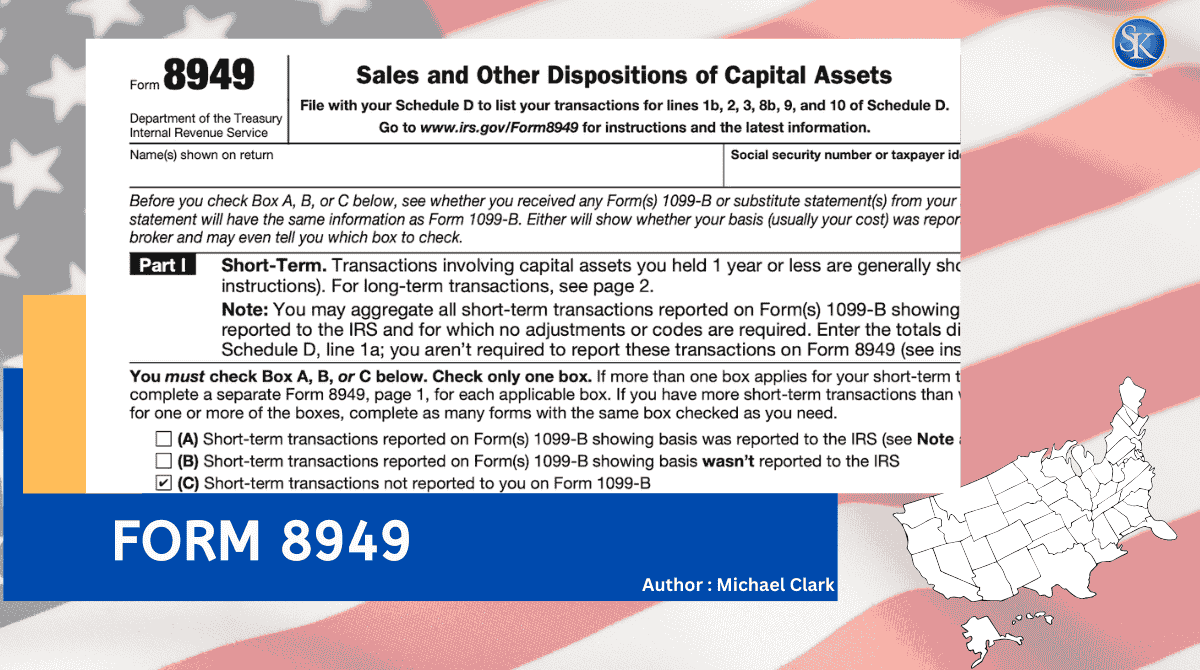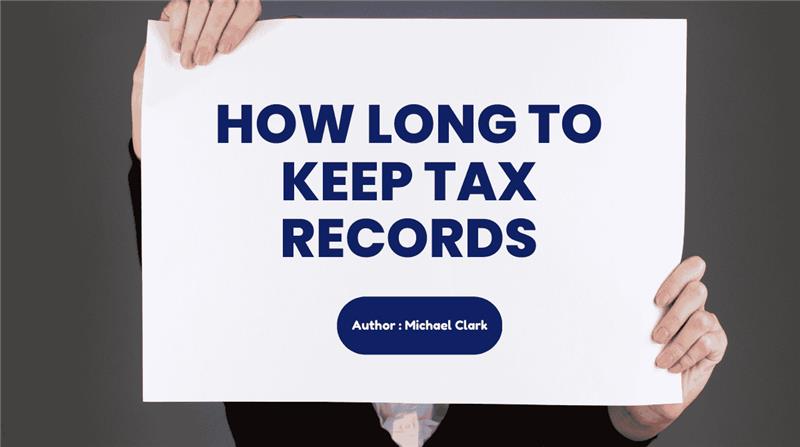What Is the Standard Deduction and How Does It Work in 2026?
standard deduction 2026 is $16,100 for single filers and married filing separately, $24,150 for heads of household, and $32,200 for married couples filing jointly and surviving spouses
Read MoreCPA vs an Accountant: Who Is Better for Your Taxes?
A CPA is a licensed expert who can represent you before the IRS, while an accountant manages financial records. For taxes, audits, and compliance, a CPA provides stronger protection.
Read MoreWhy Are Taxes Due in 2026 in the USA, Tampa, Florida?
April 15, 2026, is the official due date in the U.S. for taxes due in 2026. This is the last day you can file your tax return and pay any taxes you owe on money you made in 2025
Read MoreHow to fill out a W-4 step-by-step Guide?
w-4 form is employee withholding certificate. It guides your employer to hold back the right amount of federal income tax. Too much withheld means smaller paychecks with bigger refund later
Read MoreNo Tax On Overtime: Detailed Guideline
Discover the No Tax on Overtime deduction. eligibility, rules, and savings for workers and employers, plus payroll compliance and planning tips.
Read MoreWhat Types of Income can you use in Retirement to support yourself?
Discover the main types of retirement income. Social Security, pensions, 401(k)s, IRAs, annuities, investments & rental income to secure your future.
Read MoreWhat is Reimbursement Meaning? Tax Rules About Reimbursement
Discover the meaning of reimbursement in business and taxes. Learn types, IRS rules, and how proper records keep finances and tax returns accurate.
Read MoreWhat is Form 8949? How to Fill Out Form 8949
Form 8949 helps report stocks, crypto, and real estate sales to the IRS. Learn how to file, short vs long-term gains, and how it works with Schedule D
Read MoreWhat Is IRS Letter 147C? Important Information you need to know
Learn what IRS Letter 147C is, why it’s important for your business, how to request it, and when you need it for banks, loans, and vendors.
Read MoreHow Long to Keep Tax Records? Step-by-step guideline
How long to keep tax records? IRS generally recommends keeping tax records for three years, but in some situations you may need to hold on to them for 6 six years
Read MoreCategories
FREE CONSULTATION
Our dedicated team is ready to assist you with all your needs. We're here to offer you expert guidance and tailored solutions. Contact us now to discover how we can meet your requirements!
Contact Us